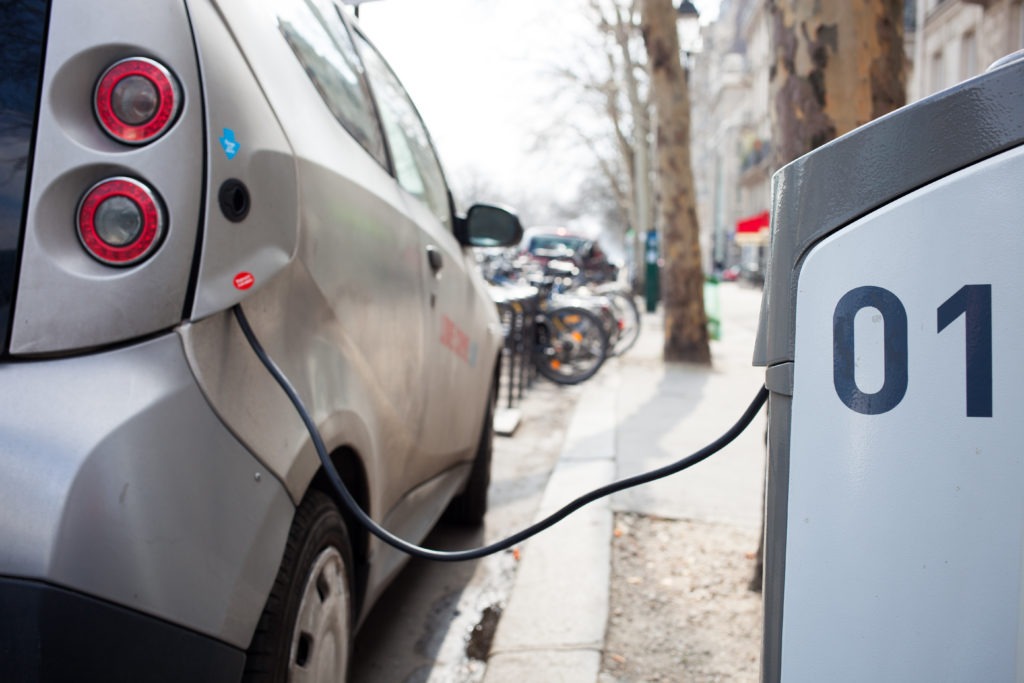The European Parliament recently discussed eight proposals made last year to gradually reduce CO2 emissions in Europe until they are eliminated by 2050.
Among these proposals was the controversial ban on the sale of new combustion engine cars from 2035.
The idea is that in 2035, it will no longer sell any new cars with internal combustion engines. The second-hand market is not included in this. Nevertheless, with a lag of a few years, the share of used electric cars will logically increase as their sales in the new market increase.
However, although 2035 seems far-off, car manufacturers believe that consumer habits will change before the 13-year deadline and many have anticipated this shift by already announcing an end of production of petrol and diesel cars.
Related News
- End of an era: Petrol and diesel cars banned in EU from 2035
- Car service inspections again possible without appointment from 1 August
- Increase in De Lijn drivers that drink while working
This is already the case for Volvo, which is an example here. All of its models are now electrified, 100% electric or plug-in hybrid. This should also be the case at DS, Jaguar Land Rover, Maserati and Mercedes by 2026.
Bentley and Porsche are on track to fully electrify production by around 2030. But Volkswagen currently plans to produce some (though fewer) combustion vehicles until 2035.
In France, Renault has long been a pioneer of 100% electric models and is even preparing to revive, in this new form, its mythical R5 and 4L.
On the other hand, the Stellantis group (Peugeot, Citroën, Opel, Fiat...) has also set itself the goal of no longer selling internal combustion models by 2030.
According to a study published a year ago by the firm Ernst & Young, more electric models should be sold than internal combustion models in the world from 2033. In Europe, the tipping point could happen as early as 2028.

